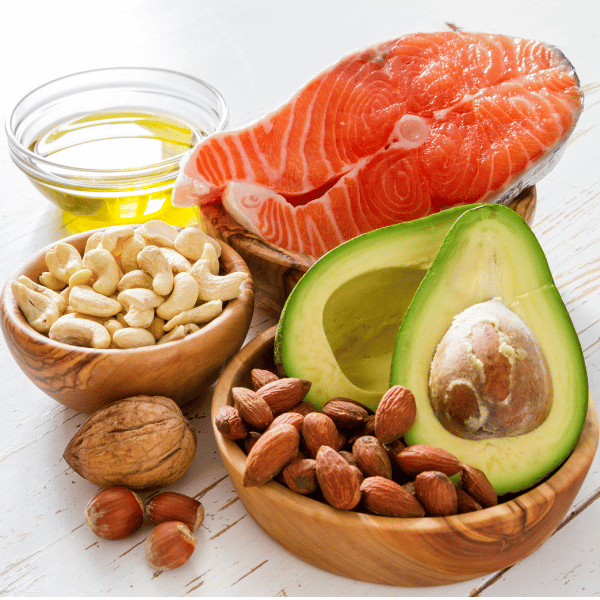
The Power of Gratitude: Why and How to Practice it for Self-Care
The Power of Gratitude: Why and How to Practice it for Self-Care

Gratitude is a powerful emotion that can have a significant impact on our overall well-being. It’s an essential part of self-care that can help us appreciate the good things in our lives and shift our focus away from negativity. This article will explore the benefits of practicing gratitude for self-care and provide some practical tips for incorporating it into your routine.
The Benefits of Practicing Gratitude
Improves mental health
Practicing gratitude has been shown to have a positive effect on mental health. It can help reduce feelings of anxiety and depression, increase happiness, and improve overall life satisfaction. Additionally, gratitude can help us focus on the positive aspects of our lives, improving our outlook and reducing stress.
Enhances relationships
Gratitude is an essential component of healthy relationships. It can help us feel more connected to others, promote forgiveness and compassion, and foster a sense of community. We can strengthen our relationships and cultivate a more positive social network by expressing gratitude to those around us.
Increases resilience
Gratitude can also increase our resilience to difficult situations. By focusing on the positive aspects of our lives, we can better navigate challenges and setbacks. Additionally, gratitude can help us reframe negative experiences in a more positive light, leading to greater emotional strength and resilience.
Tips for Practicing Gratitude
Practicing gratitude doesn’t have to be complicated or time-consuming. Here are some practical tips for incorporating gratitude into your self-care routine:
Keep a Gratitude Journal
One of the easiest ways to practice gratitude is to keep a gratitude journal. Each day, write down three things that you are grateful for. This simple exercise can help shift your focus to the positive aspects of your life and promote a more positive outlook.
Express Gratitude to Others
Expressing gratitude to those around you is another way to practice gratitude. Take the time to thank the people in your life who have positively impacted you. It can be as simple as sending a text message, writing a letter, or expressing your gratitude in person.
Practice Mindfulness
Mindfulness is the practice of being present and fully engaged in the moment. By practicing mindfulness, we can better appreciate the good things in our lives and cultivate a greater sense of gratitude. Consider incorporating mindfulness practices like meditation or yoga into your self-care routine.
Focus on the Positive
When faced with challenges or setbacks, it can be easy to focus on the negative aspects of the situation. However, by intentionally focusing on the positive aspects, we can cultivate a greater sense of gratitude. Try to find the silver lining in difficult situations and focus on the positive aspects of your life.
Practicing gratitude is a simple but powerful way to improve our overall well-being. By focusing on the positive aspects of our lives and expressing gratitude to those around us, we can cultivate a greater sense of happiness, connectedness, and resilience. Try incorporating these tips into your self-care routine and see how gratitude can transform your life.
Consider signing up for self-care coaching or an online course if you struggle to incorporate gratitude into your self-care routine. Our coaches and courses can help you develop personalized strategies for practicing gratitude and improving your well-being. Click the button below to get started!









Recent Comments